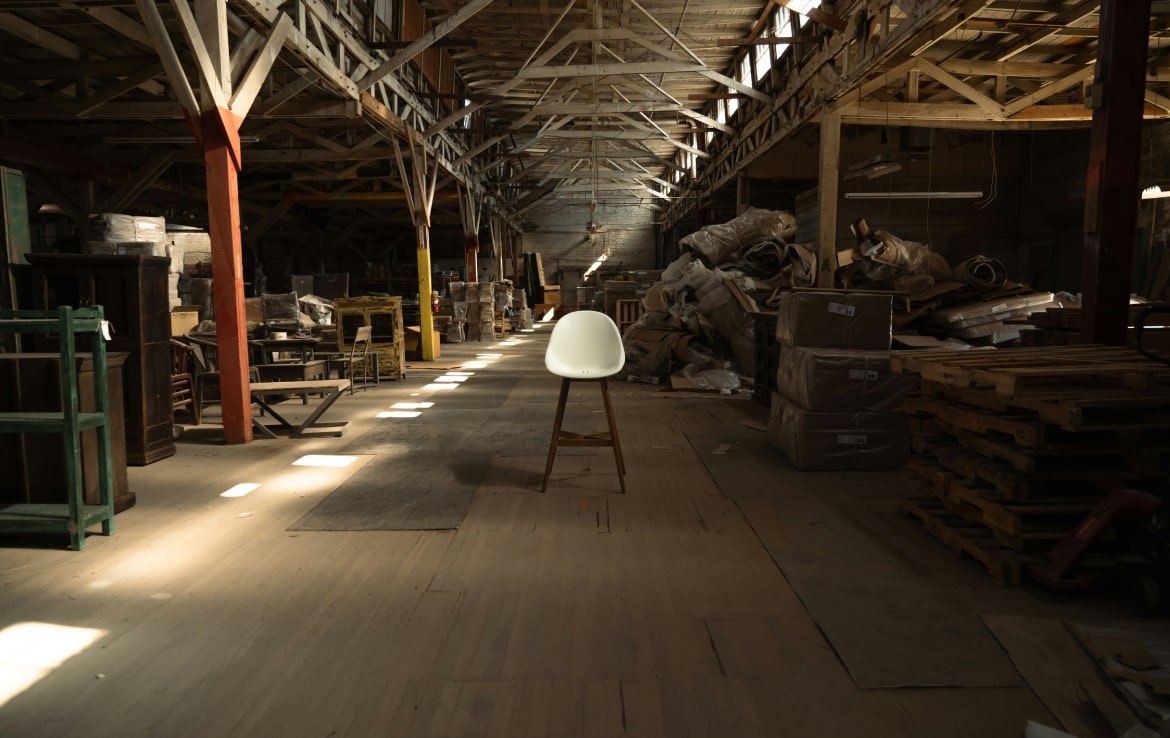Since when did being heard matter more than being right?
So incredibly noisy!
We live in an age where silence is incredibly rare. Scroll your social feeds and you’ll be bombarded by hot takes, think pieces and instant reactions to everything and anything.
From the latest corporate scandals to “breaking news” happening halfway across the world…doesn’t it seem like having an opinion and broadcasting it has become a requirement of modern life?
But why? Since when did being heard matter more than being right?
Once upon a time, an opinion was a private thing
Not so long ago, discretion was actually a mark of wisdom. People held their opinions close, weighing when and where to share them. Silence wasn’t weakness…it was a sign of restraint and humility. Now, if you don’t weigh in, people wonder: Are you uninformed? Indifferent? Complicit?
So our opinions have become more like public performances. Social media tells us that volume equals value: the more you say, the more you’re noticed. But in the rush to be loud, we’ve blurred the line between thoughtful contribution and compulsive commentary.
More noise than wisdom
You see, In the past, people appreciated the fact that forming an opinion took time. We read widely, listened intently, debated thoughtfully, and sat on a conclusion before speaking. Today, the pace of digital life flips that process on its head. We react first, reflect later…if at all. It has become easier to stake a bold claim than to wait until we get the full story.
The result? Thoughtful voices get drowned out by quick loud ones. And while instant reactions may go viral, they rarely do any good. And when a “hot take” turns out to be completely off-the-mark? How many would actually come back and take responsibility for that? Instead most people double-down.
Psychologists call it cognitive dissonance
To admit we’re wrong feels like admitting we’re less smart, less credible, less valuable. This happens everywhere…in politics, in the office, even at the dinner table. Being “right” becomes a proxy for being respected.
Clinging to being right can be costly. Think about a lawyer who insists on their first theory, the manager who clings to a failing strategy, or the executive who won’t walk back a bad call. We all know where that leads.
Rethinking the Role of Opinion
Maybe the question isn’t “What do I think?” but “What am I adding?” Does my opinion move the conversation forward? Or is it just another brick in the wall of noise? I mean of course our opinions do matter…sometimes. Especially when it is constructive and lands well with the person it’s meant to reach.
In a world obsessed with speaking, perhaps what we need more of is restraint and humility. Not everything we feel strongly about needs to be broadcasted and validated by likes, and not everything we broadcast is the ultimate opinion. Lastly, I hope we go a step further by making sure we privately take responsibility for what we publicly champion and actually change the world. Our own worlds at least.
Sincerely,








